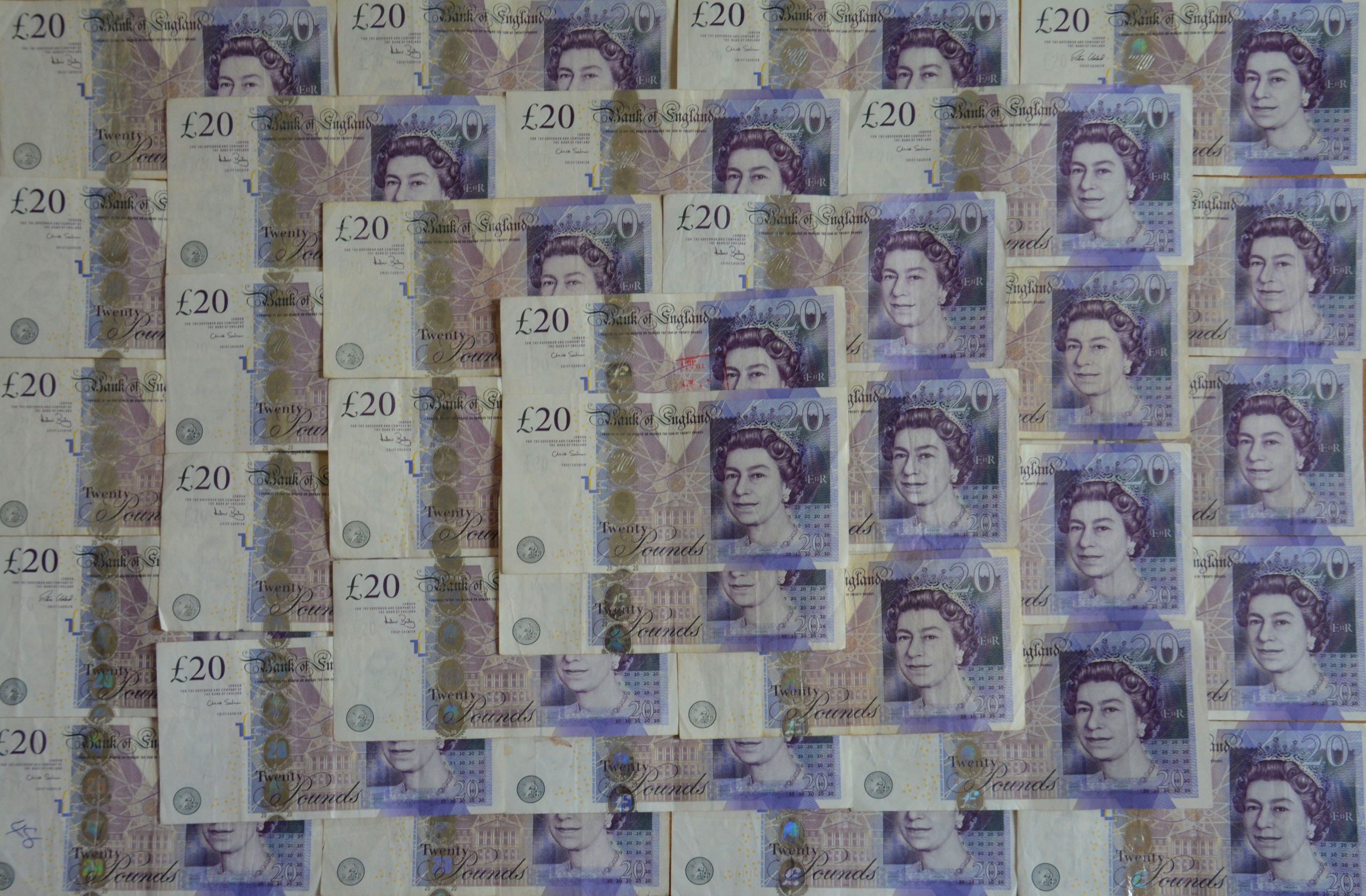Boris Johnson’s stunning election win has left the money markets “cock-a-hoop” with sterling surging and the FTSE 250 hitting record highs.
The pound rose 2.1% to hit $1.34 against the dollar and €1.20 against the euro – levels not seen since 2016 – as the extent of the Conservative election win became evident.
Jeremy Corbyn’s catastrophic defeat – Labour’s worst since 1935 – has taken away the threat of nationalisation for major utility companies who have seen a flood of investors return and their share prices soar, while the pound’s sharp ascent has boosted banks, housebuilders and travel companies.
FTSE 250 hits record high
The FTSE 250 spiked 4% to hit a record all-time high with the index of mid-sized UK firms boosted by Johnson’s victory and hopes it will end the Brexit saga of uncertainty.
Johnson’s promise to ‘Get Brexit Done’ and take the UK out of the EU by January 31 means that “business finally has the certainty it craves”, with the Telegraph’s chief city commentator Ben Marlow writing: “Just look at the reaction to a thumping Conservative majority: the pound has surged; UK and European shares are flying; and even global stocks have hit a new all-time high.”
While sterling has slipped back a little on its earlier gains – and is still some way off its $1.50 value before the 2016 referendum – Marlow writes that “experts are predicting that it could reach the dizzy heights of $1.40 in the coming week.”
Tories will point to the ‘Boris effect’ given sterling was at $1.22 when Johnson took over and Marlow added: “The currency markets are cock-a-hoop. The stock market is equally exultant.”
Housebuilders’ bounce
Construction companies, especially housebuilders have seen an immediate bounce with the Tory win blowing away the cloud of Brexit uncertainty that has been blamed for the fall in house prices.
PwC’s Rob Walker said: “Any kind of certainty is bound to help”, explaining people will now be encouraged “to do things [such as moving home] rather than just stay put.”
Politicians promised to address the UK’s housing crisis throughout the election campaign and the extra demand on an already under supplied market, combined with a stronger pound (that makes imported raw materials cheaper for builders) means reduced costs, boosting profits.
Investors want a share of this and Persimmon – who build 16,000 homes a year from Scotland to the south-west – saw their shares shoot up 12.9% in frantic trading that saw rises for the other building companies, including Taylor Wimpey, Barratt Homes, Redrow, Bellways and Crest Nicholson.
No-nationalisation boosts utilities companies; sterling’s rise lifts banks and travel firms
“Remove the threat of nationalisation and investors quickly flock back to the BTs, Royal Mails and National Grids of the world,” said Craig Erlam, senior market analyst at OANDA Europe. “And there’s plenty more. Investors in these companies will be breathing a huge sigh of relief this morning.”
Severn Trent was one of host of major utility companies to see their share price rise with the water company shooting up 9%, SSE up 9.5% and Centrica gain 7.7%.
Banks with exposure to the UK market saw their value rise – Barclays +8%, Lloyds +8 and RBS +12% – with sterling’s rise also lifting the value of UK travel firms.
Investment director at AJ Bell, Russ Mould explained: “A perky pound means it is cheaper to travel abroad than would have otherwise been the case, something which could benefit tour operators and travel agents.”
He added: “This is not to say that all of the challenges which face these sectors or their constituents will immediately melt away.”
Lowest UK economic growth since 2009
The warning was echoed by chief economic advisor to the EY item club, Howard Archer who reminded that Brexit is still on the table and the threat of no-deal still a reality given Johnson’s promise to leave the EU with or without a trade deal by the end of 2020.
UK growth is expected to be at its lowest in a decade with just 1.3% expected this year and investment dependent on the EU withdrawal agreement will limit any boosts.
“In addition,” said Archer, “we suspect that a difficult global economic and trading environment will also weigh down on business investment in 2020 as well as hampering UK exports.”




